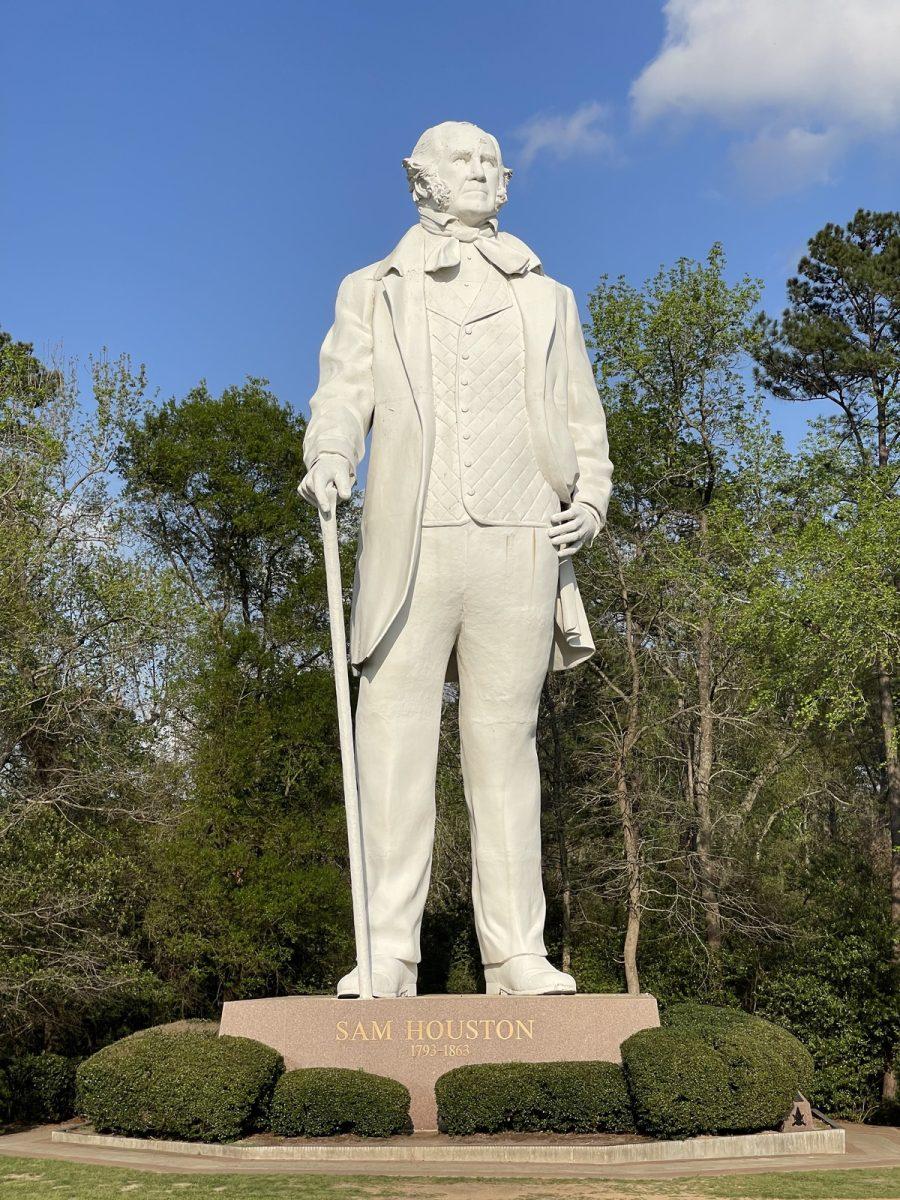
Texas recently passed a law that claims to protect a citizen’s free speech on campus. Known as Texas Senate Bill 18, the bill could prove to be more hurtful than it is helpful. The broad language used in the bill could be taken advantage of by various political agendas in an effort to control what is said on public college campuses.
The part of the law that is most concerning to me is where it forces public universities in Texas to “establish disciplinary sanctions for students, student organizations, or faculty who unduly interfere with the expressive activities of others on campus.”
This means, in a sense, that the state government can control free speech on campus.
It means the ruling body of the university will need to establish what the definition of “unduly interference” is. Then the Texas Governor and Legislature will decide if the university is following the law in their eyes by the end of 2020.
The current SHSU guidelines punish university members who harass people, damage property or commit violent acts.
What may need to be changed, however, is the part of the code of student conduct which says that campus disruptive activities include someone doing or saying something that could make a student feel threatened.
Who’s to say when someone has done an action or said words that feel threatening?
The most controversial forms of speech mostly incite or suggest others to commit violent acts.
I fail to see how walking past someone everyday on your way to class who is saying that people who are of your race, your sexuality or your cultural background do not belong is somehow not threatening. No one can change these things, especially not in the same way as one can change a belief.
There are also many people who think that it is threatening to say such things, and may loudly argue or disrupt that person as they speak, to prevent such harmful language being said.
That could be considered blocking them from speaking freely, which would be illegal under the new law.
Senator Joan Huffman, when presenting the bill to the Texas Senate, said that arguments and debates would to be allowed by universities as long as it was in a “civil” manner and that “…the university has a right to enforce each of the rights and to make sure it doesn’t degrade into violence or something, you know, not appropriate.”
It is fair to say that what is appropriate or not varies from person to person, and that those elected are not immune to letting their opinions get in the way.
In my opinion, university members who are most affected by this law should have a say in how it is implemented.






